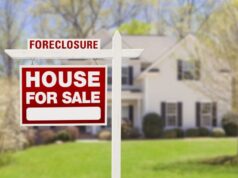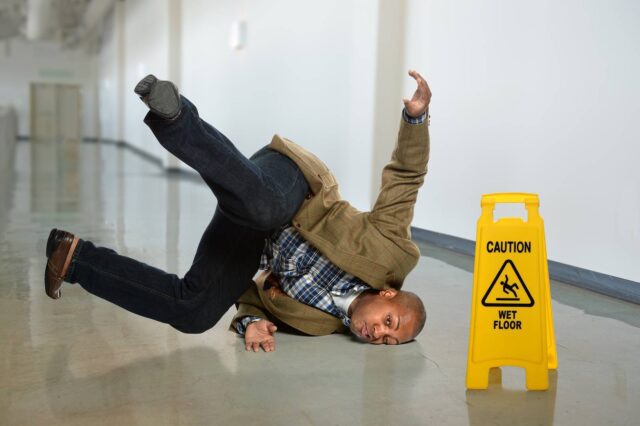
Slip and fall accidents may sound trivial, but they can lead to serious injuries and significant financial, physical, and emotional burdens. Knowing how to protect your rights and pursue claims in the aftermath of such an incident can make a world of difference.
This article delves deep into understanding the intricacies of slip and fall incidents and guides you through the necessary steps to ensure justice and compensation.
Slip and Fall Accidents
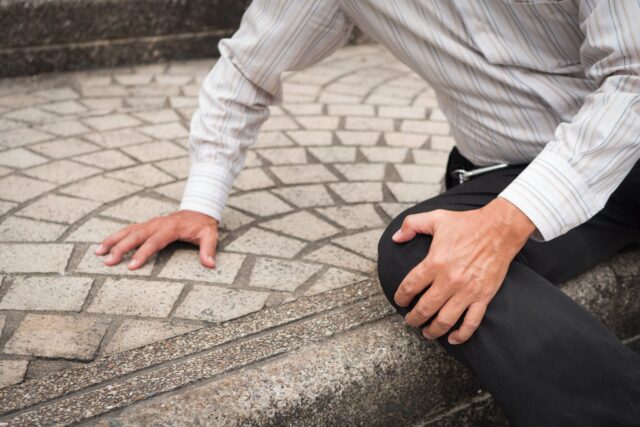
A slip and fall accident, often categorized under “premises liability” claims, occurs when someone slips, trips, or falls due to a dangerous or hazardous condition on someone else’s property. From wet floors to uneven surfaces, various factors can contribute. Hiring a slip and fall attorney in Miami will help a lot.
Common Causes:
- Wet or slippery floors
- Torn carpeting
- Poor lighting
- Uneven sidewalks or stairs
- Hidden hazards like potholes
Determining Liability
Identifying the responsible party is crucial. Typically, the owner of the property or the lessee might be liable. However, for a successful claim, you must prove:
- The owner/lessee created the condition.
- The owner/lessee knew about the condition and did nothing.
- The condition existed for such a length of time that the owner/lessee should’ve known and addressed it.
Example: If a can of oil spills in a supermarket and you slip moments after, proving negligence might be challenging. But if the spill remained unaddressed for hours, the store can be held liable.
Immediate Steps After a Fall
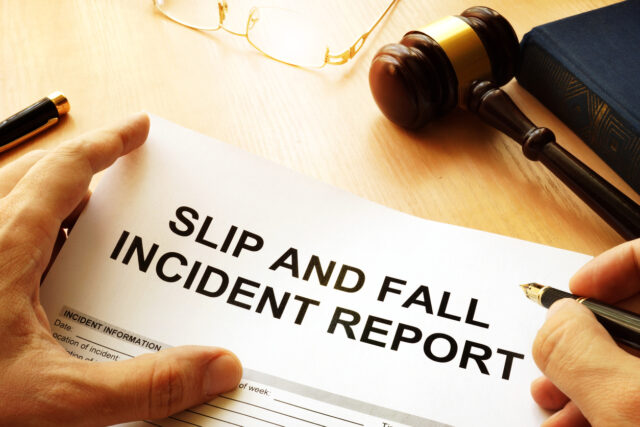
Your actions right after the incident can significantly influence your potential claim.
Medical Attention: Seek medical help, even if injuries seem minor. Some injuries manifest later.
Document Everything: Take photos of the accident scene, your injuries, and any potential hazards or causes.
Witnesses: Gather names and contact details of any witnesses.
Report: Notify the property owner or manager. Request a copy of the accident report.
Stay Quiet: Avoid discussing the incident excessively, especially on social media. Anything you say can be used against you.
Know Your Rights
Being informed is crucial. Understand that:
- You have the right to a safe environment.
- If injured due to negligence, you deserve compensation.
- You can seek legal representation at any stage.
Statute of Limitations
A “statute of limitations” defines how long you have to file a claim. It varies by jurisdiction but often ranges between one to three years for personal injuries. If you don’t file within this period, you might lose your right to sue.
Role of Comparative & Contributory Negligence
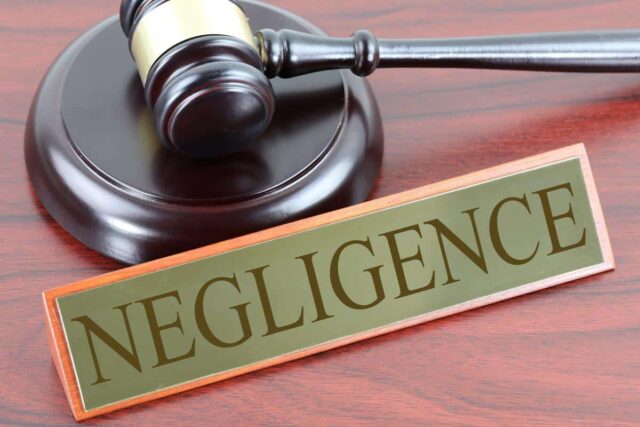
Some states adhere to the principles of comparative or contributory negligence.
- Comparative Negligence: If you’re partly at fault, your compensation might be reduced by your percentage of fault. For example, if you’re 20% responsible, your compensation might be reduced by 20%.
- Contributory Negligence: In some states, if you’re found even slightly at fault, you might be barred from recovering any compensation.
Documenting and Quantifying Damages
To ensure rightful compensation, meticulously document all damages:
- Medical Bills: Include every expense, from emergency care to rehabilitation.
- Lost Wages: Calculate income lost due to the injury.
- Pain and Suffering: These are non-economic damages and might require expert testimony to quantify.
- Future Medical Bills & Lost Earnings: If the injury leads to long-term issues.
Engaging with Insurance Companies
After a slip and fall incident, you might be contacted by the property owner’s insurance company. Remember:
- They’re not on your side.
- Their aim is often to minimize payout.
- Avoid giving recorded statements without consulting an attorney.
Seeking Legal Representation
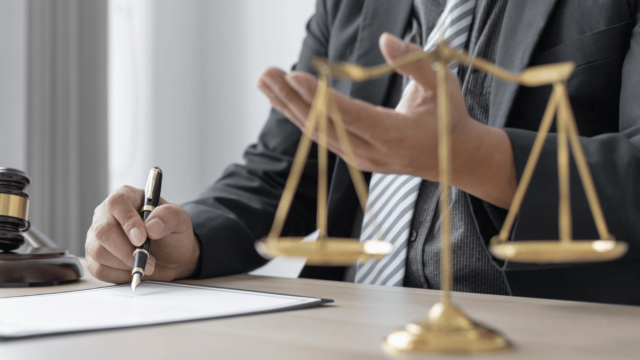
Hiring an attorney can drastically improve your chances of a successful claim.
Benefits:
- Expert guidance through the legal maze.
- Negotiation prowess against insurance companies.
- Accurate valuation of your claim.
- Representation in court if the need arises.
Settlement vs. Trial
Many slip and fall claims are settled out of court. However, if a fair settlement isn’t achievable, your attorney might recommend going to trial.
Settlement: Faster, less stressful, and often less expensive. However, it might result in a lower compensation.
Trial: Potentially higher compensation but comes with risks, costs, and emotional toll.
Common Myths & Misconceptions
In the realm of slip and fall incidents, several myths persist. Addressing these can prevent unnecessary pitfalls and misunderstandings.
Myth 1: Minor Injuries Aren’t Worth Reporting: Even if you think you’ve sustained only minor injuries, always report the incident. Symptoms of some injuries, like concussions or internal bruising, might surface later.
Myth 2: I Can’t Afford a Lawyer: Many personal injury lawyers work on a contingency fee basis. This means you don’t pay unless you win. Always discuss payment structures with potential attorneys.
Myth 3: Slip and Fall Cases are Easy to Win: While the concept seems straightforward, many factors come into play, including proving negligence and dealing with insurance companies.
The Role of Pre-existing Conditions
Sometimes, victims hesitate to come forward fearing that their pre-existing conditions might affect their claims. The truth is:
While insurance companies might argue that your injuries were due to pre-existing conditions, an experienced lawyer can help demonstrate how the fall exacerbated or accelerated your condition.
Importance of Continuous Medical Follow-up
Consistent medical visits and following doctor’s advice not only aids recovery but strengthens your case:
Evidence: Regular medical records showcase the severity of your injuries.
Validity: Insurance companies might argue that skipping appointments means your injuries aren’t serious.
How Property Type Influences Claims
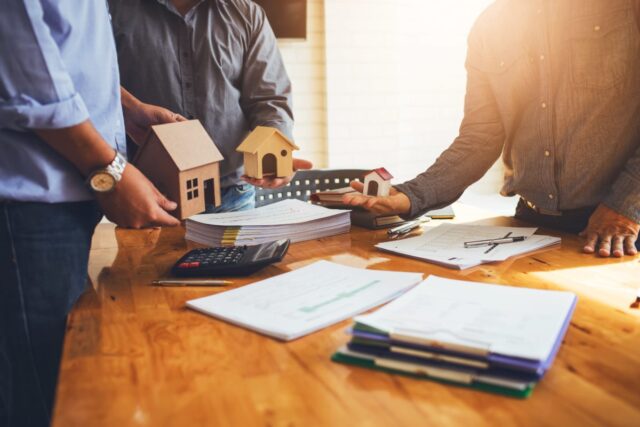
Depending on where the slip and fall happens, different rules might apply.
- Private Residences: Homeowner’s insurance often covers these claims.
- Commercial Properties: Businesses have a duty to provide a safe environment. They might be held liable if they breach this duty.
- Government Properties: Claims against government entities have unique filing requirements and shorter deadlines.
Proactive Measures for Prevention
While this guide focuses on post-incident actions, understanding prevention is equally crucial:
For Property Owners: Regular inspections, prompt hazard removal, and clear warning signs can significantly reduce risks.
For Visitors: Being aware of your surroundings, wearing appropriate footwear, and reporting potential hazards can help in avoiding mishaps.
Final Words
Slip and fall incidents might seem simple on the surface, but they encompass a labyrinth of legal complexities. Protecting your rights isn’t just about seeking compensation; it’s about ensuring property owners maintain safe environments for everyone. By understanding the intricacies and seeking legal guidance, you not only safeguard your rights but also contribute to a safer community for all.



